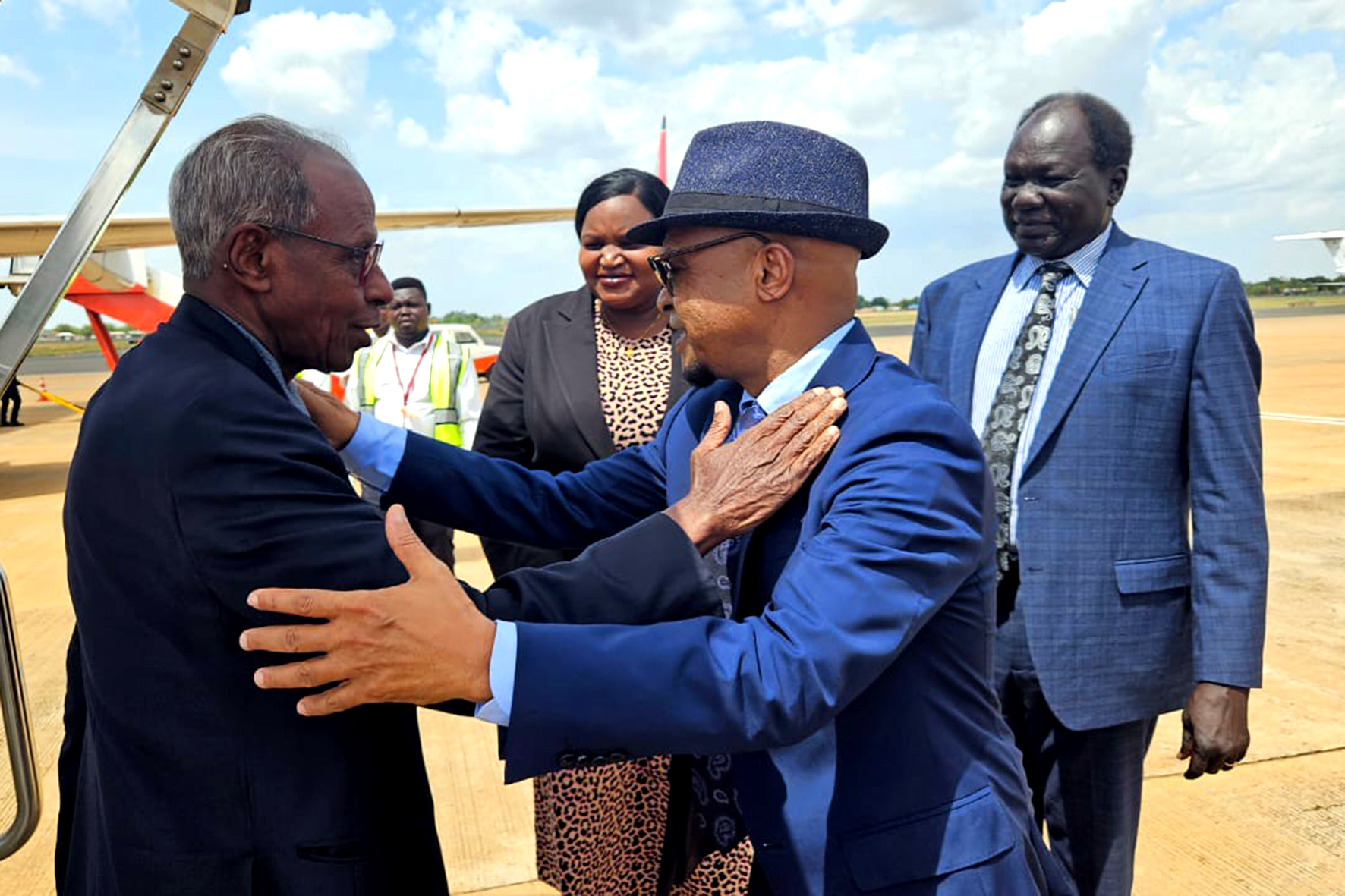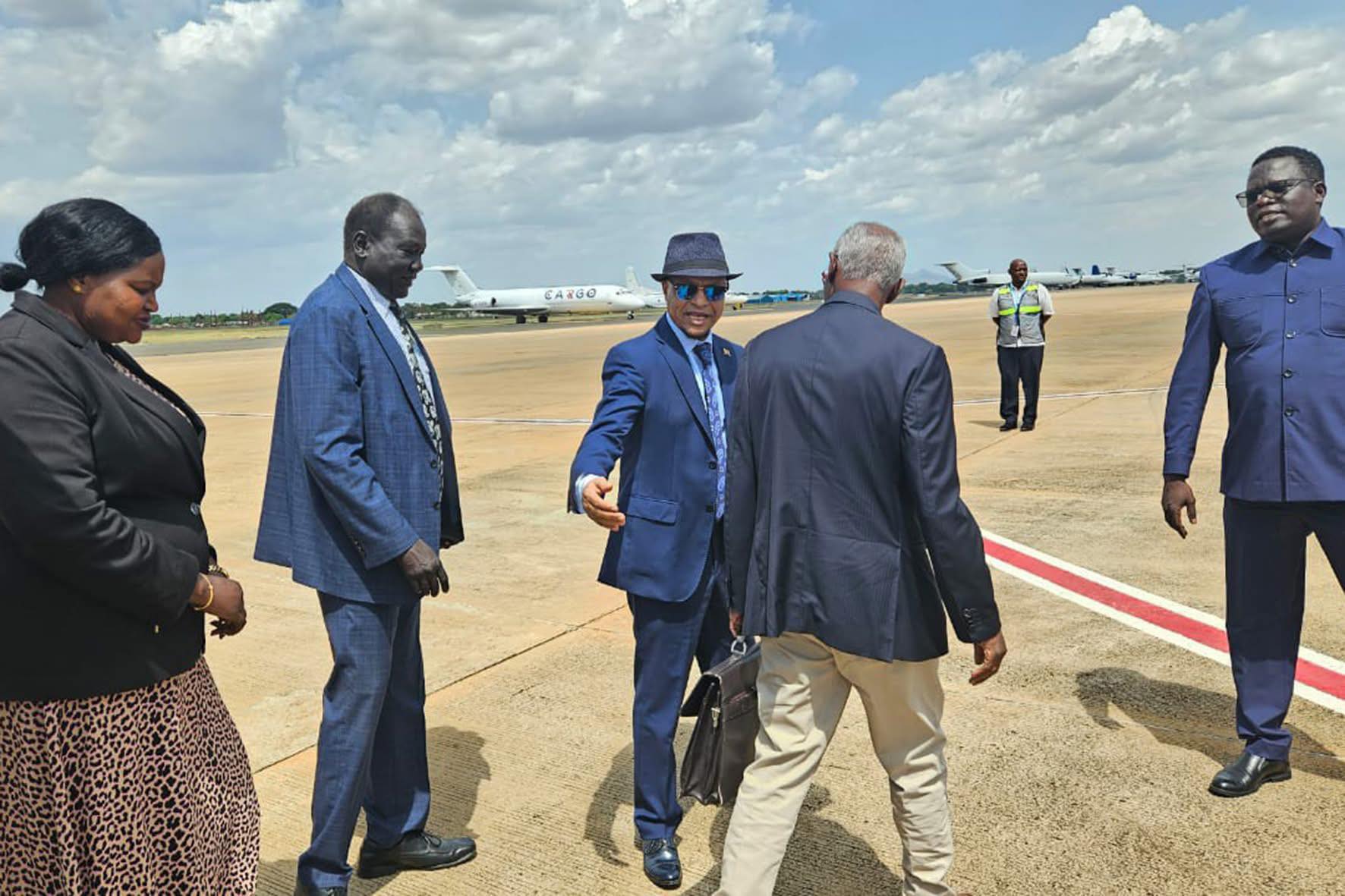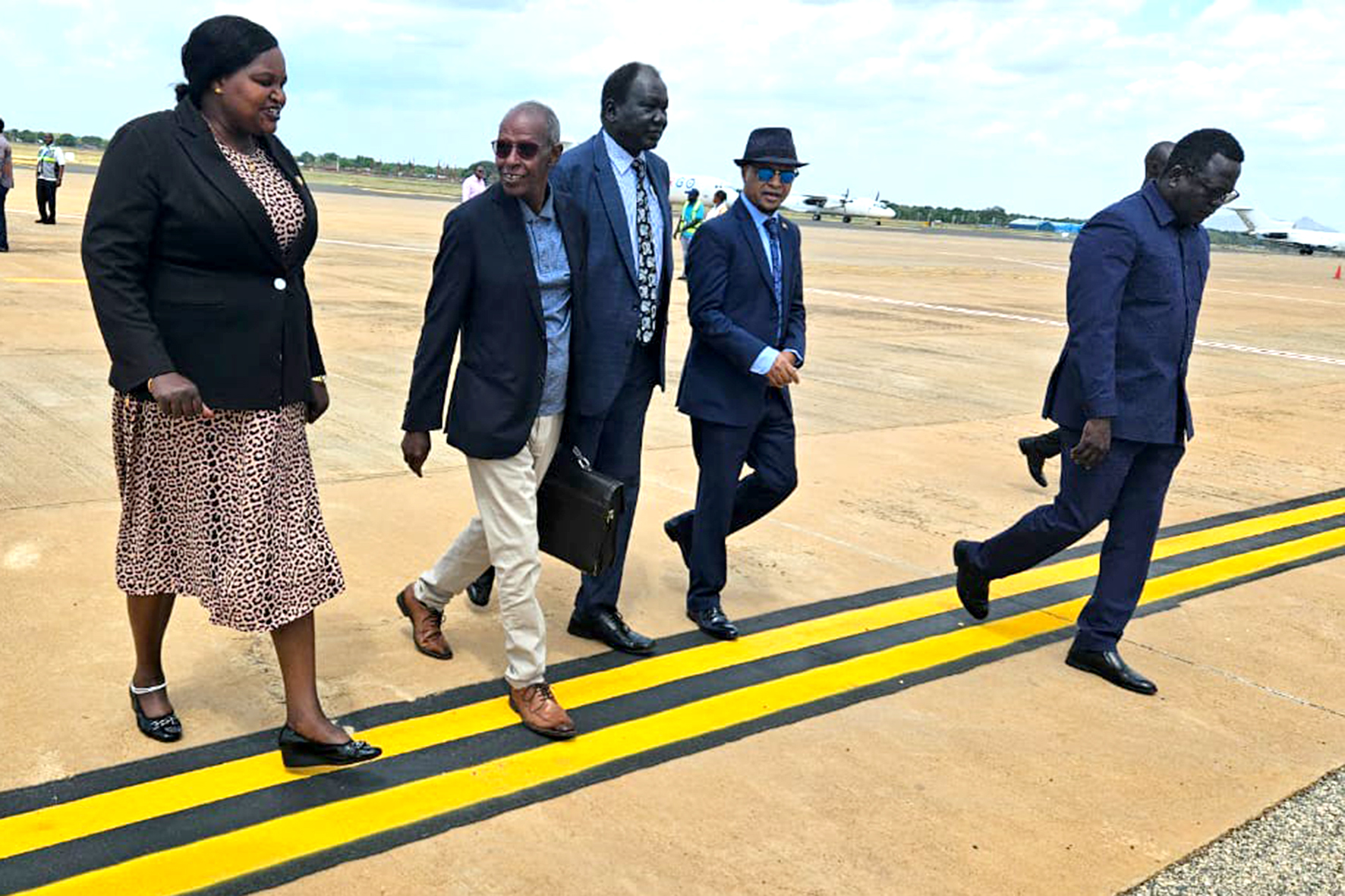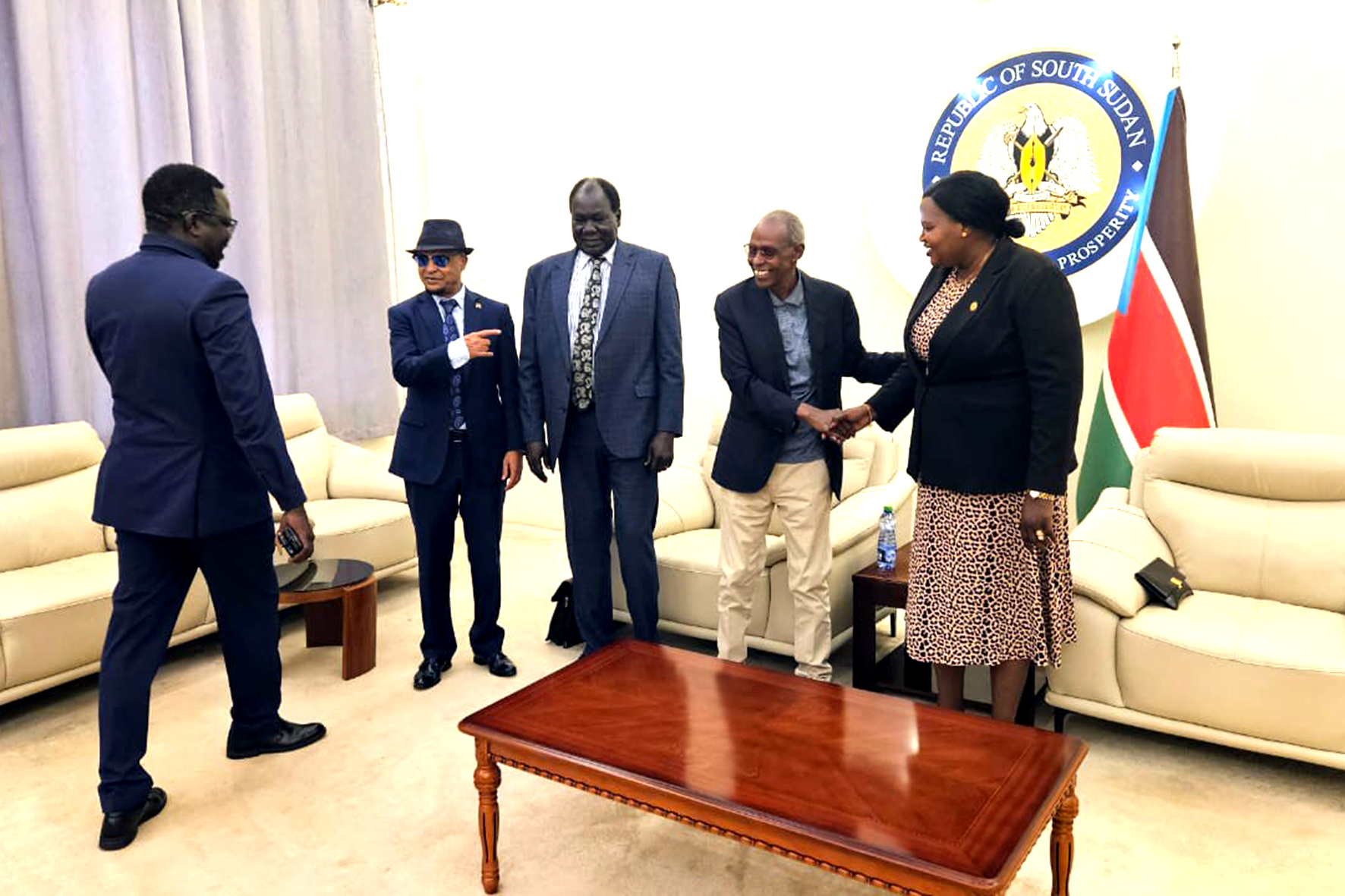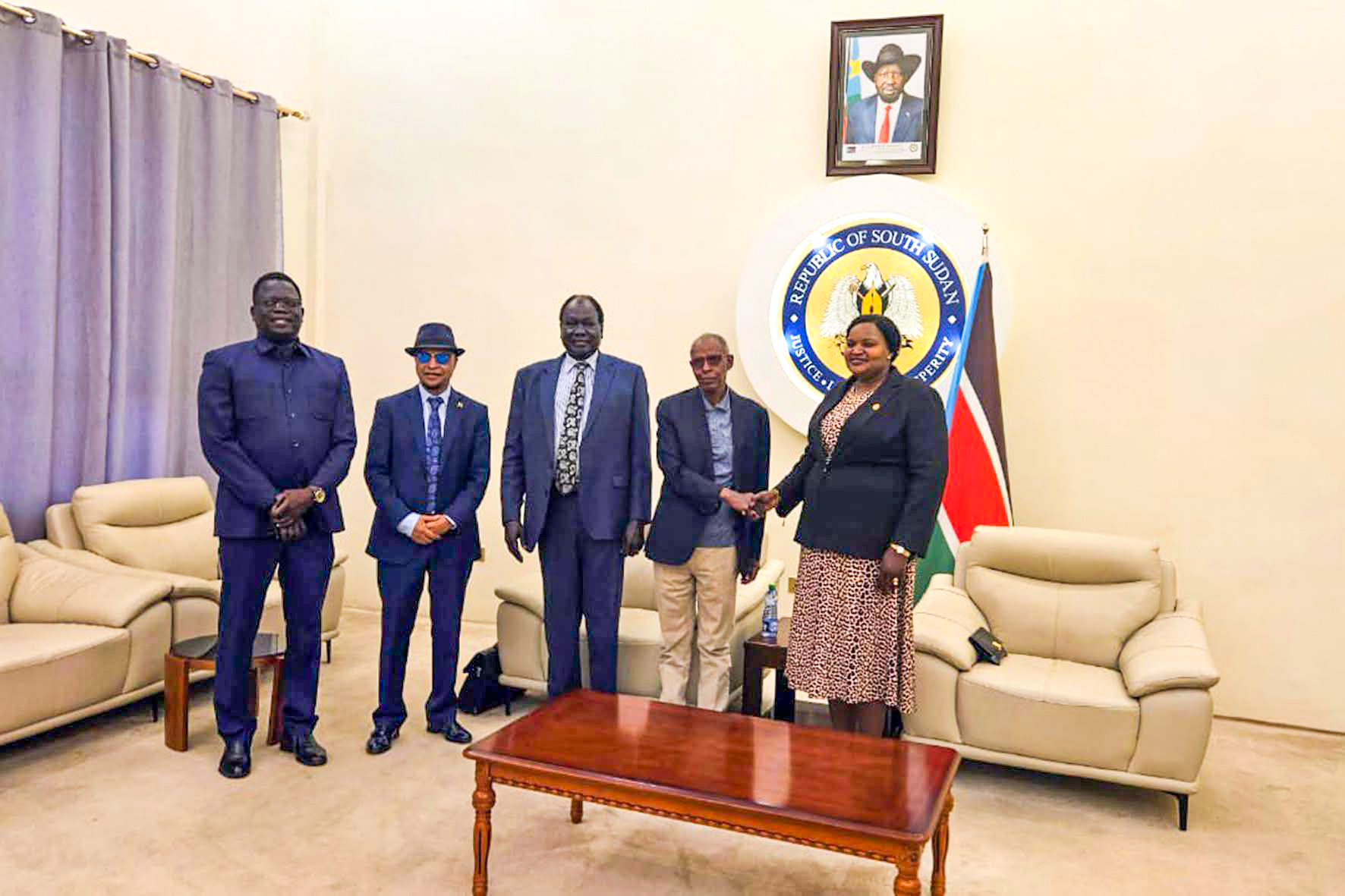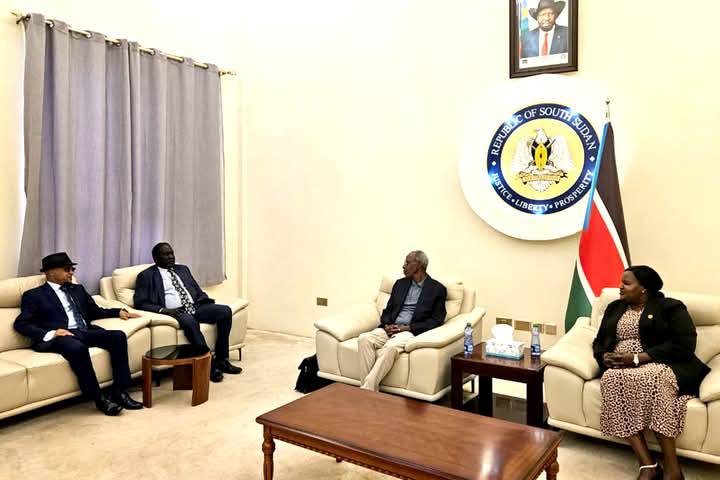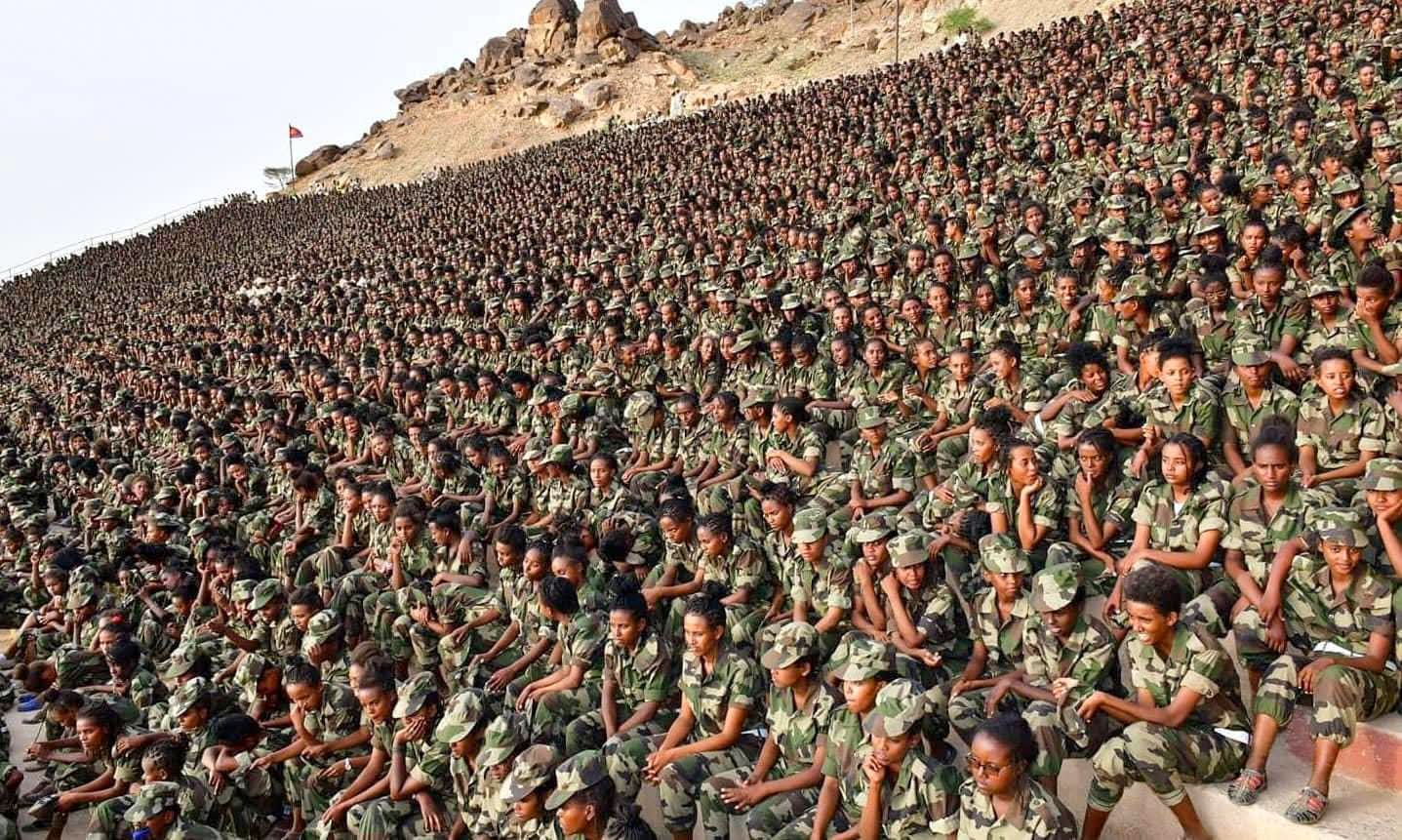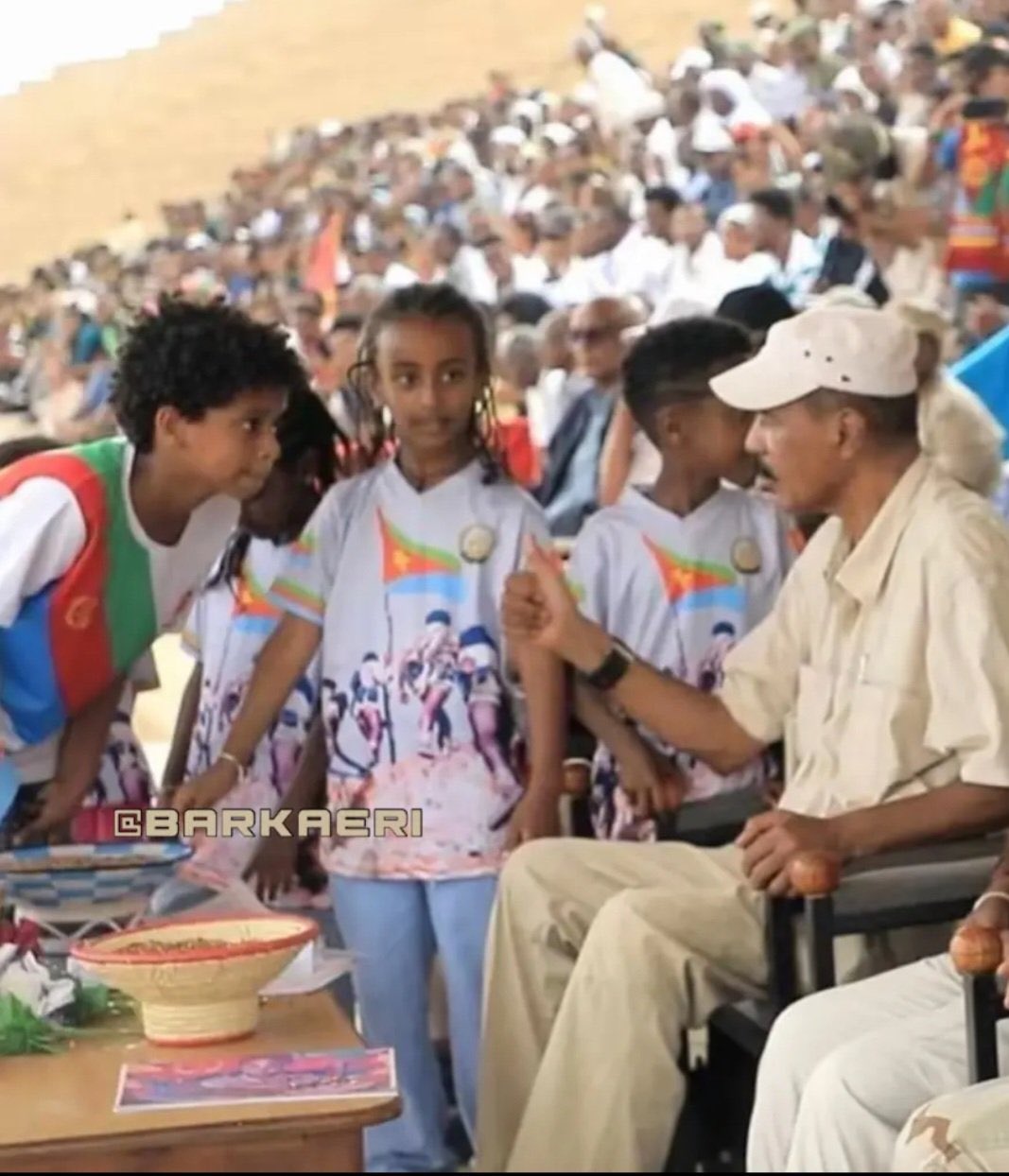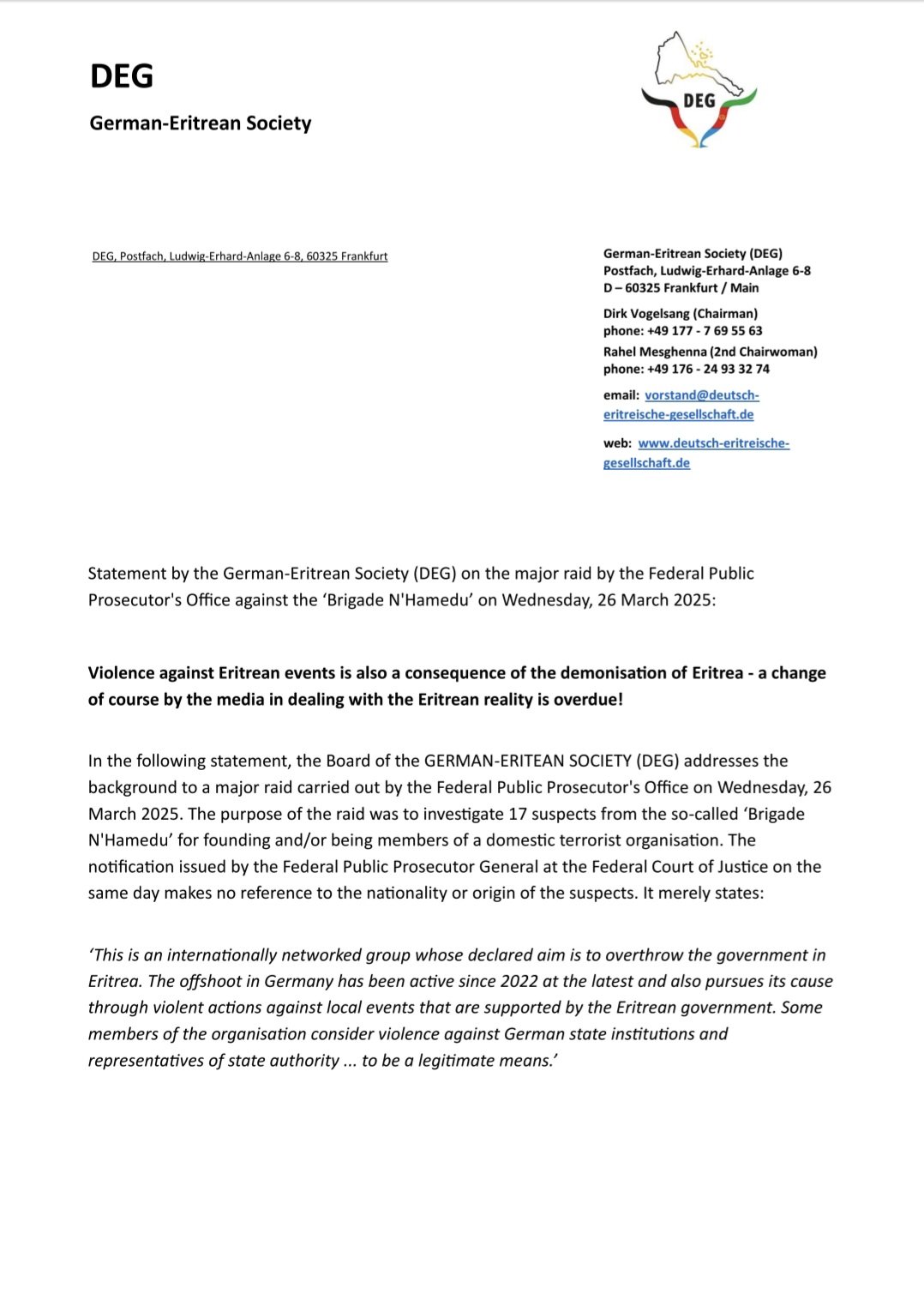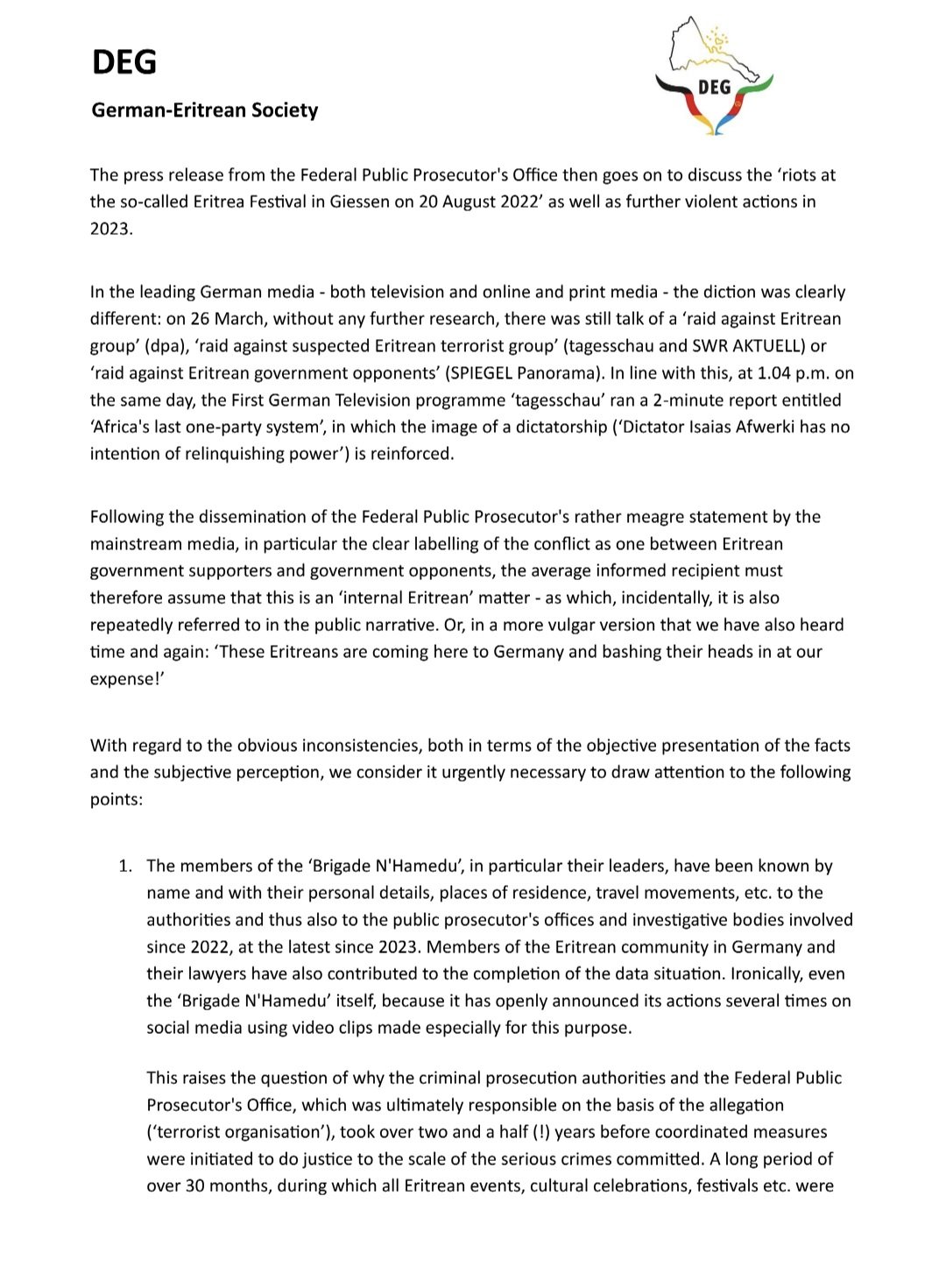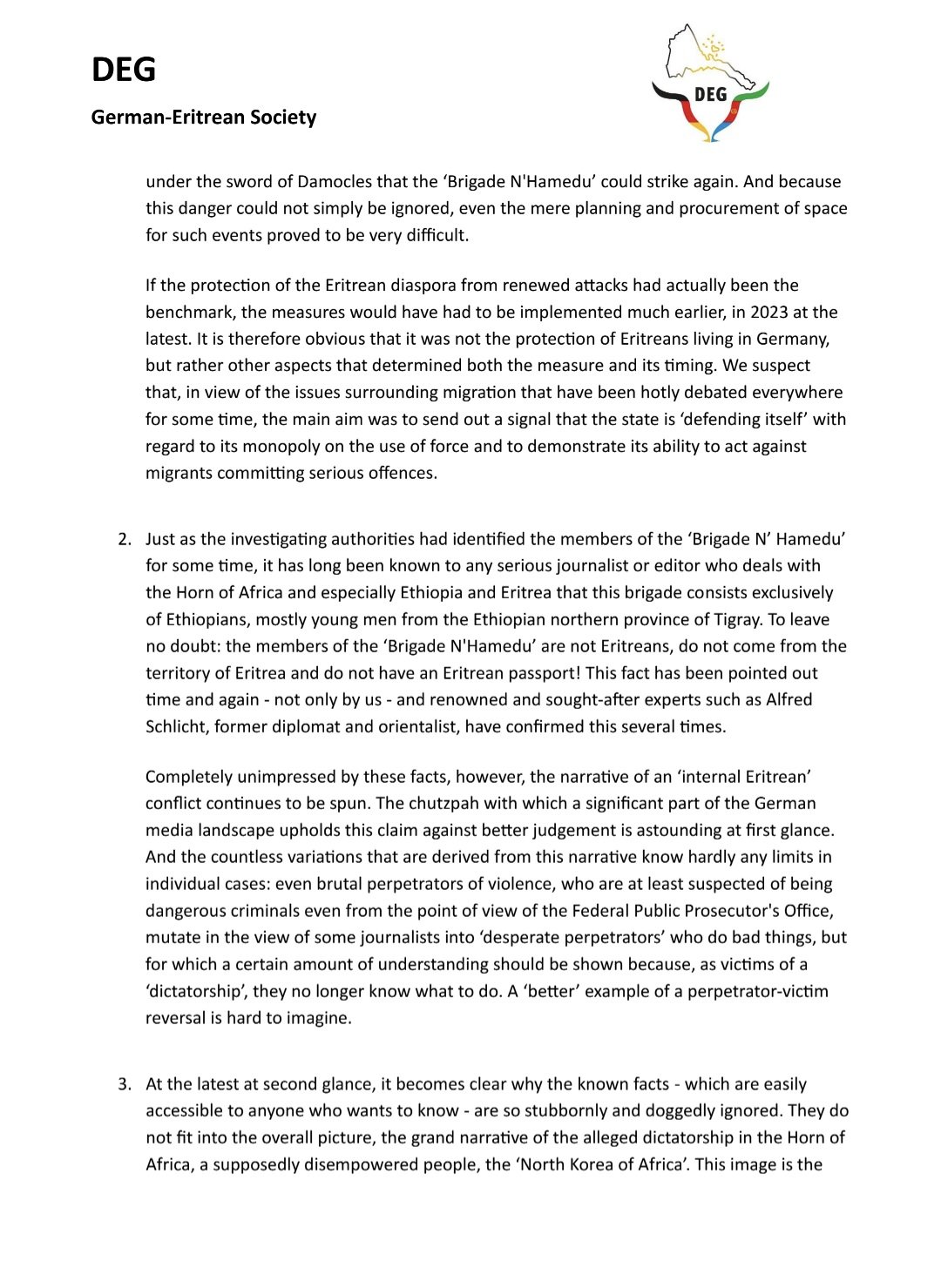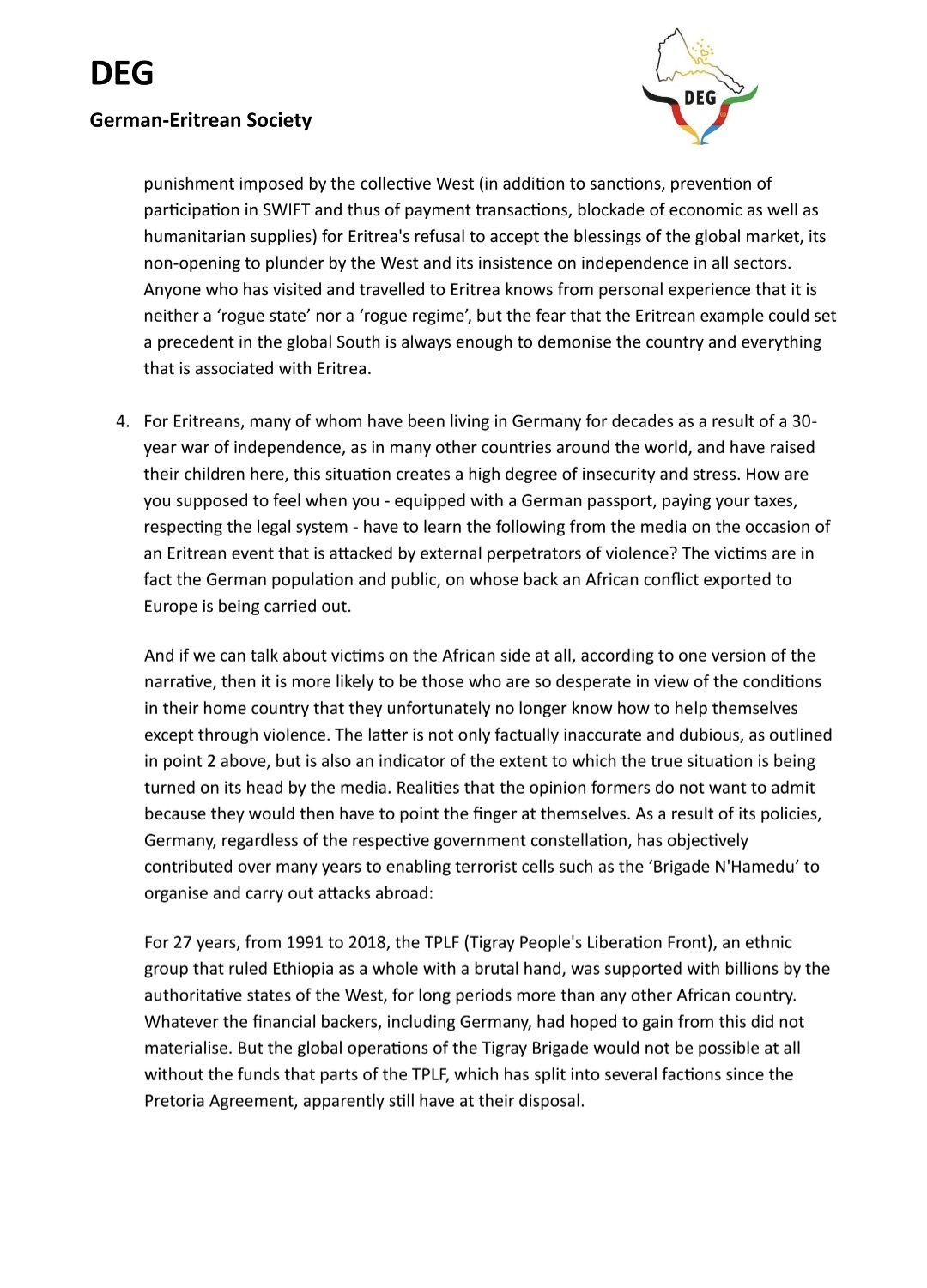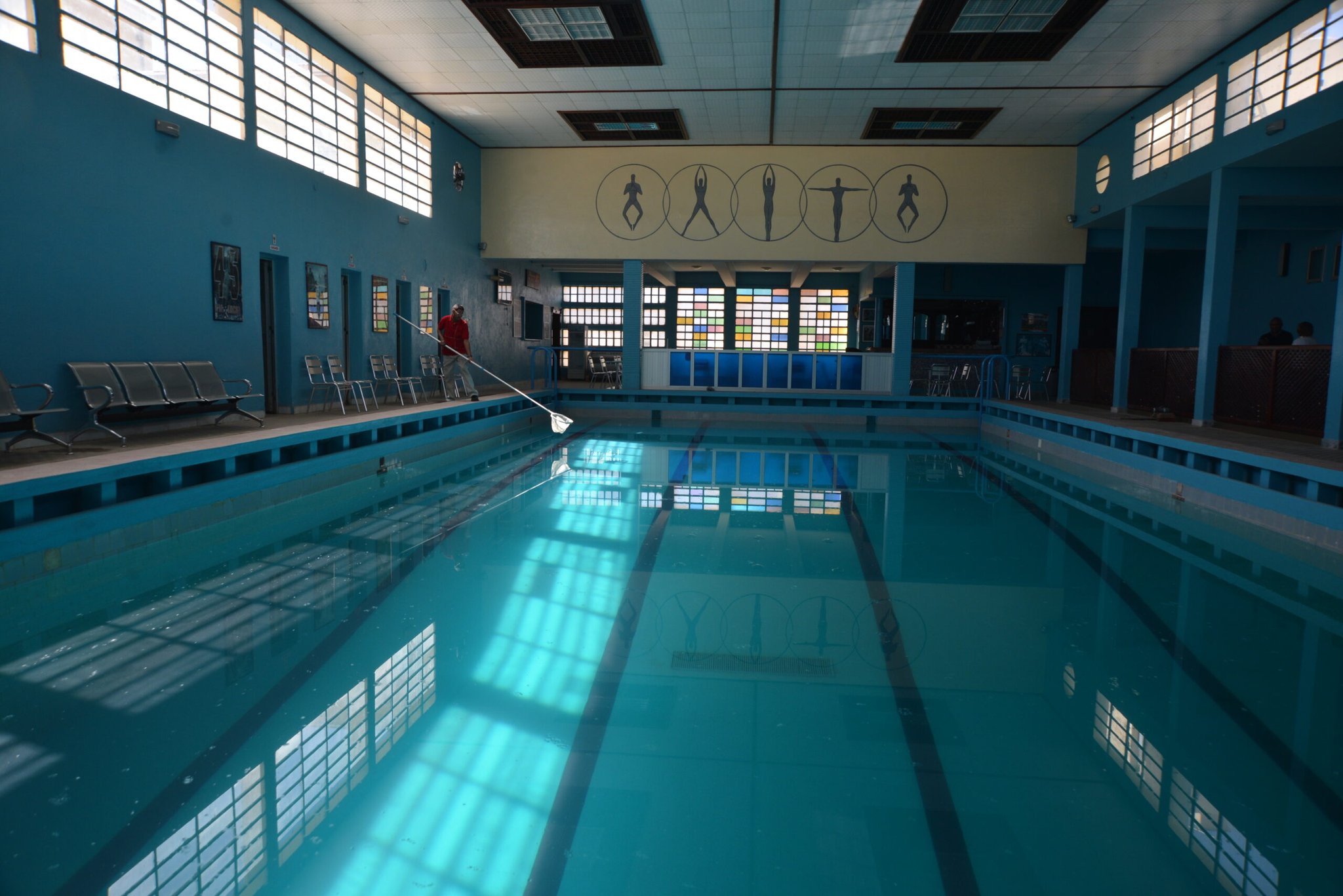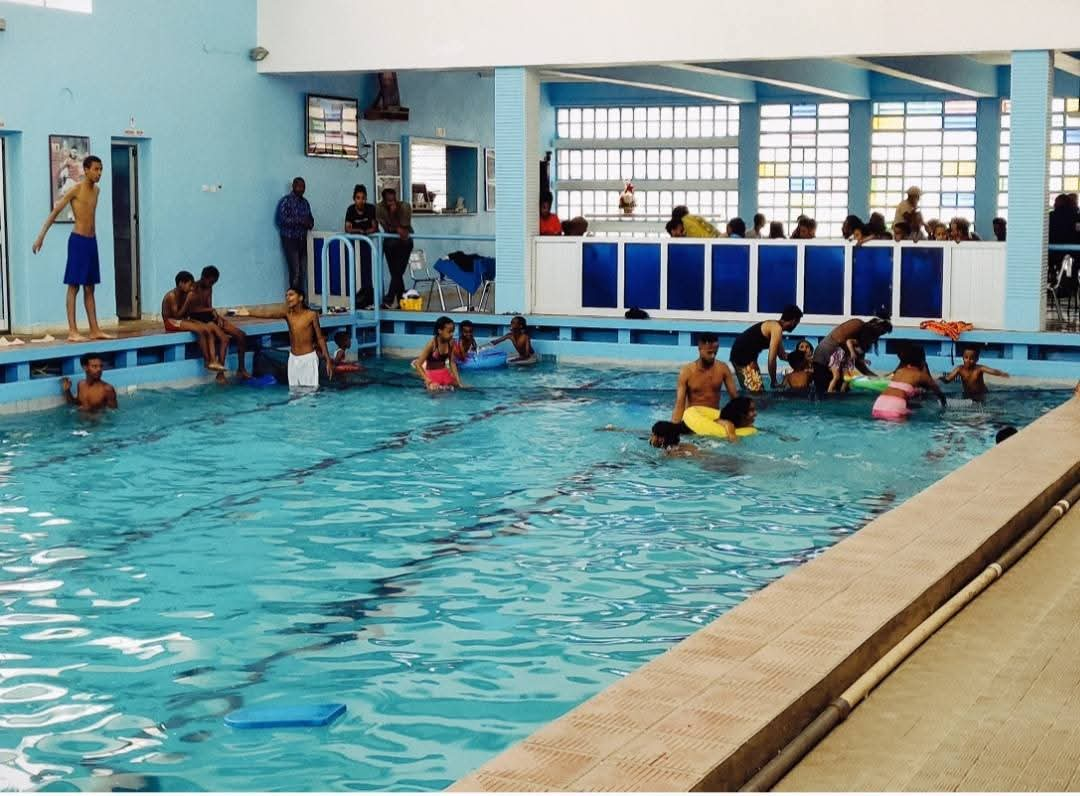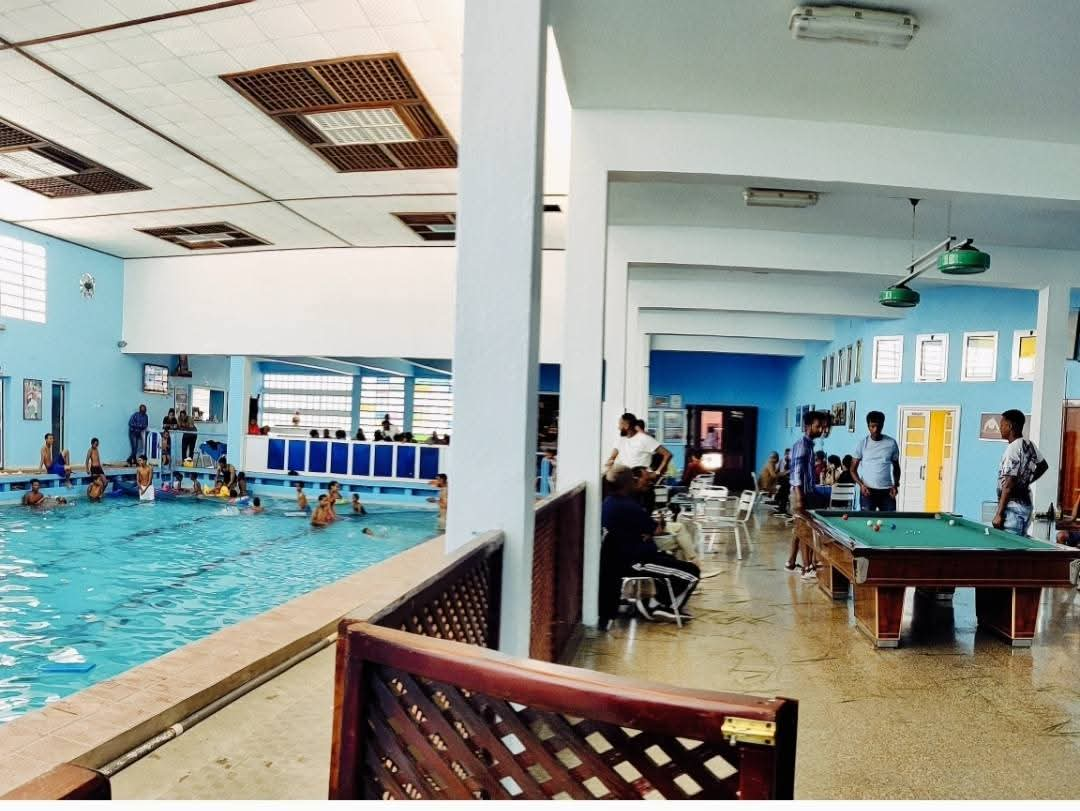Don't you have, bigger fish to fry?
Abiy Ahmed’s War of Miscalculation: A Leadership in Crisis
By Thomas Gedle - Abiy Ahmed isn’t securing peace in Amhara—he’s deepening the conflict, inadvertently strengthening his adversaries, and weakening Ethiopia in the process.
While his government focuses on propaganda, churning out videos about Brutukan as a top priority for the week, the nation’s military is facing unprecedented challenges.
Soldiers are surrendering in large numbers, morale is at an all-time low, and the Ethiopian National Defense Force (ENDF), once one of Africa’s strongest armies, is struggling to maintain cohesion.
This isn’t just a military setback—it’s a reflection of poor governance. Instead of stabilizing the situation, the federal government’s actions have unintentionally fueled the strength of Fano rebels. Young recruits, hastily conscripted from the streets of Addis Ababa and given minimal training, are being sent to the front lines with little preparation or motivation. Many see no purpose in the fight and are choosing to surrender rather than risk their lives for a leadership that has yet to offer a clear and unified vision.
Abiy pledged to dismantle Fano, and his generals went further, vowing not just to disarm but to humiliate, to strip Amharas of their spirit, and of any organized resistance. Yet, two years, multiple missed deadlines, and billions of dollars later, Fano is more formidable than ever.
Ironically, this is largely due to the sheer volume of weapons that have flooded the battlefield under Abiy’s watch. Last year, 37% of Ethiopia’s national budget was allocated to military spending, even more this year. And yet, despite this massive expenditure that is bankrupting the country, the national army is not just struggling—it is inadvertently equipping and arming the very group it was sent to dismantle. Ridiculous!
This crisis underscores the absence of a sustainable strategy. The Pretoria Agreement was barely in effect before the government shifted focus from Tigray to Amhara, engaging in yet another tribal ambition instead of fostering national unity.
Instead of rehabilitating the region torn by war, it launched into a lofty project to build palaces, a new city in Oromia. What was meant to be a campaign of control has instead exposed the limits of federal power and the military.
At a time when Ethiopia should be focused on strengthening its sovereignty and internal stability, these miscalculations have broader implications.
Without realizing it, Abiy’s approach is emboldening regional rivals, offering unintended advantages to Egypt, Eritrea, and Somalia—nations that closely monitor Ethiopia’s internal struggles.
Ethiopia’s future depends on leadership that prioritizes stability over escalation, unity over division, and strategy over reaction. The path forward requires thoughtful governance, not endless conflict.
May your day be less disastrous than Abiy’s military strategy.
ethiopian wrote: ↑01 Apr 2025, 23:38
Yemane looks so feminine and shy. Why Eritreans men are acting so poorly on big stage ? Is that because the effect of centuries of being colonized by Arabs and Europeans ?

